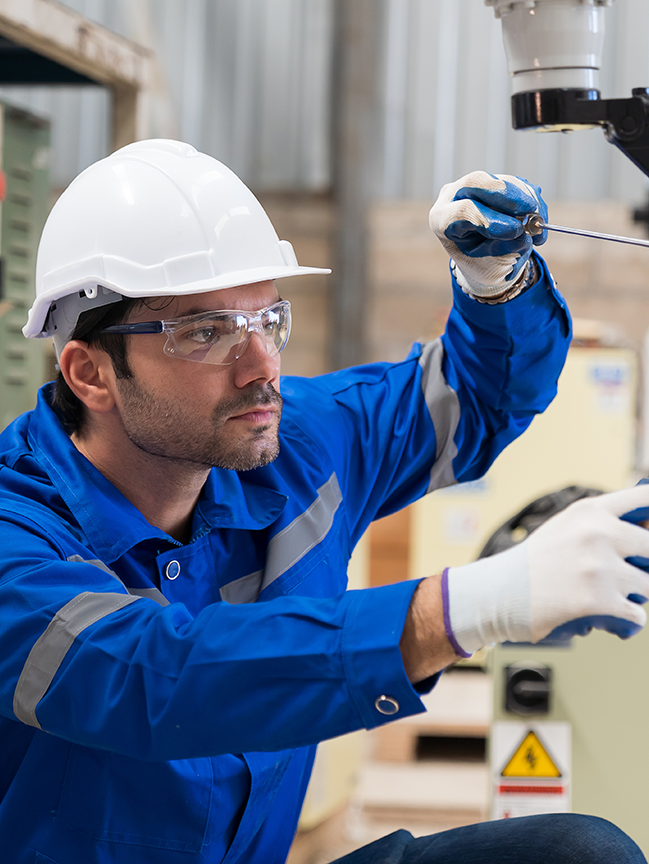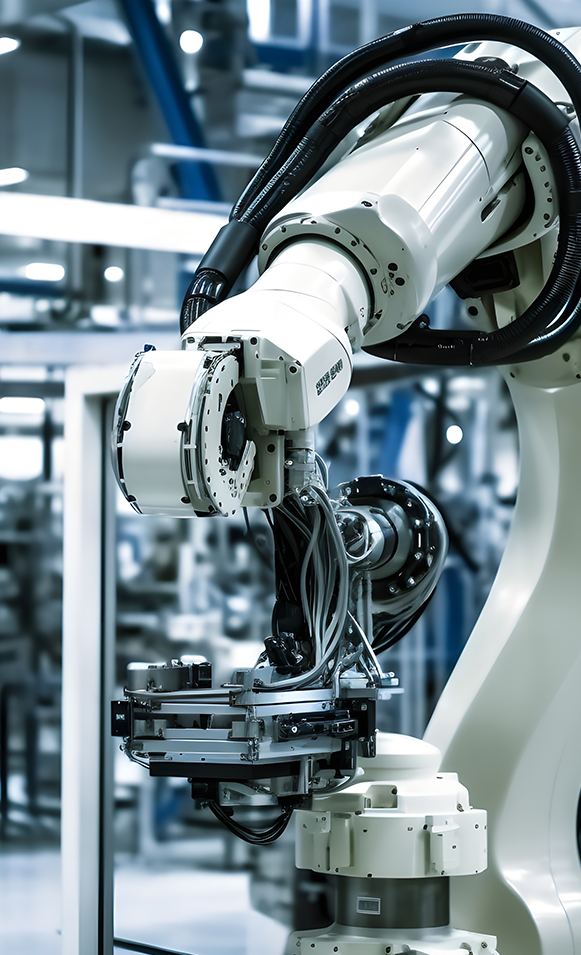
Digital Marketing — Performance + SEO for Global Scale
How to build a growth engine that compounds Why performance marketing still wins Performance channels (search, social, display, affiliates) offer fast feedback loops, controllable spend, and precise audience targeting. When



